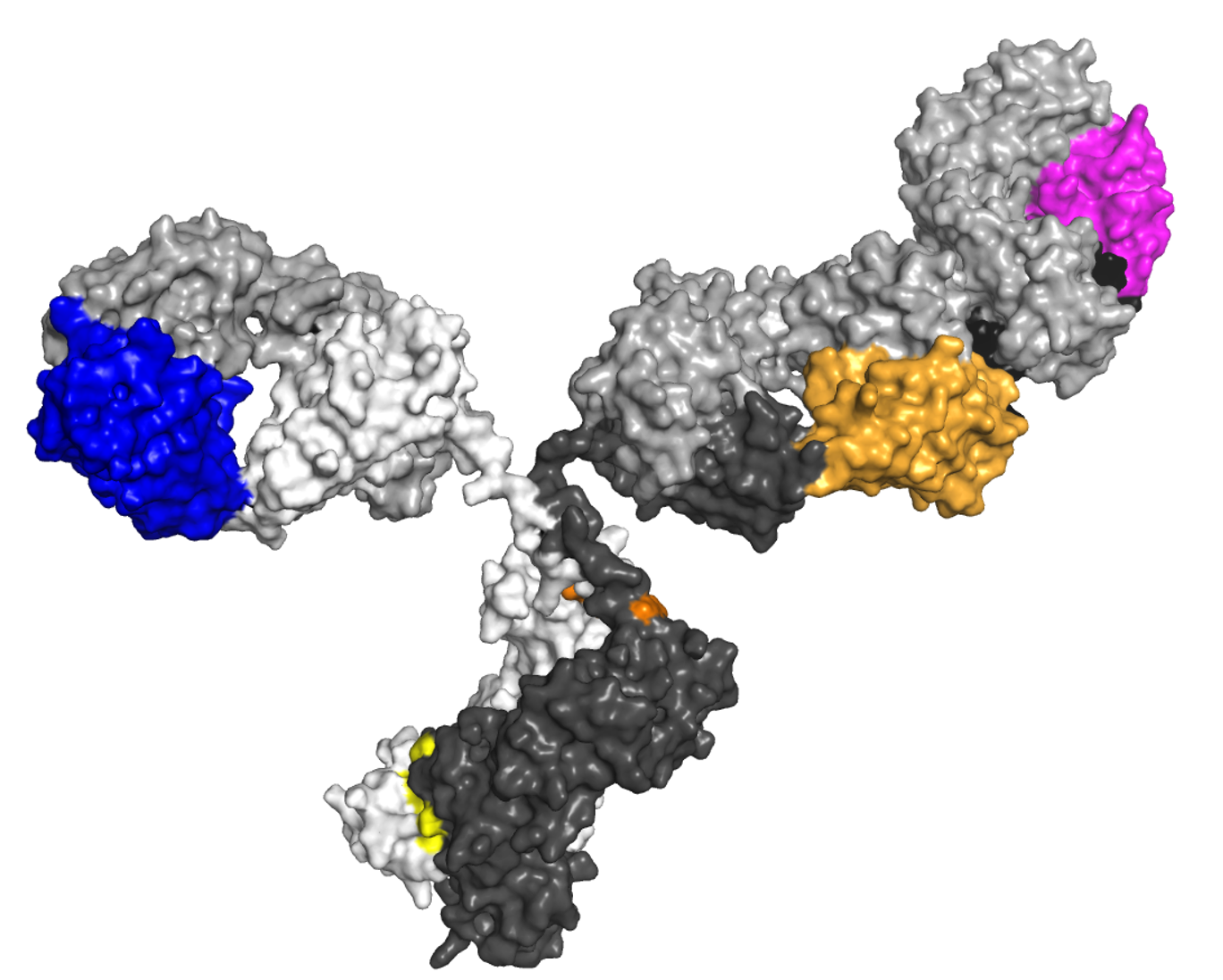
Multiple myeloma (MM) is the most common hematologic malignancy observed in Black Americans, occurring at a rate of two- to three-fold higher than white Americans. A study presented at the 2022 American Society of Hematology Annual Meeting found that this risk can be attributed to family history.
The researchers used data from participants enrolled in the Integrative Molecular and Genetic Epidemiology study that included 955 patients with MM and 1,316 sex-, race-, age-, and geography-matched controls. The researchers assessed risk of MM and family history of cancer by race.
Among those with a first-degree relative who had any hematologic malignancy, MM risk was significantly increased compared to controls (odds ratio [OR], 1.36; 95% CI, 1.02-1.82; P=.038). Among those with a family history of MM, the risk of MM was higher than that of those with a family member with any hematologic malignancy (OR, 2.13; 95% CI, 1.20-3.79; P=.001), and the magnitude of this effect was greater for Black Americans (OR, 4.88, 95% CI, 1.90-12.51; P=.001) than white Americans (OR, 1.03; 95% CI, 0.45-2.32; P=.951).
Similar relationships were observed among first-degree relatives with any plasma cell proliferative disorder: The OR for Black Americans was 5.34 (95% CI, 2.11-13.54; P=.0004) versus 1.18 for white Americans (95% CI, 0.59-2.37; P=.642) and with increasing numbers of affected relatives (P=.001).
“Findings confirm our previous report that the excess risk of MM observed in Black Americans may be attributed to shared germline and environmental susceptibility,” the authors concluded. “Studies, which include family history of plasma cell proliferative disorders, to determine screening effectiveness in high-risk populations are warranted.”
Reference
Arnold KD, Ong KL, Cutshall HP, Brown EE. Family history of hematologic malignancies and risk of multiple myeloma in black Americans. Abstract #1870. Presented at the 64th ASH Annual Meeting and Exposition; December 10-13, 2022; New Orleans, Louisiana.






 © 2025 Mashup Media, LLC, a Formedics Property. All Rights Reserved.
© 2025 Mashup Media, LLC, a Formedics Property. All Rights Reserved.